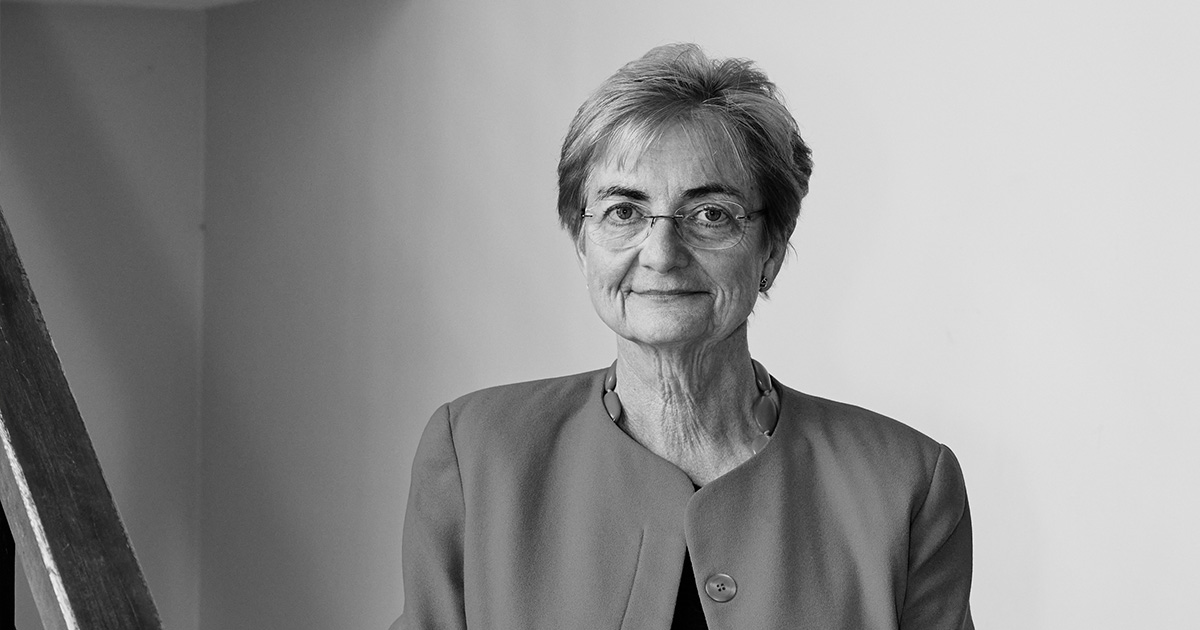The Woolcock Institute of Medical Research

Changing with the times
This week the Woolcock Institute of Medical Research will close out another chapter in its history with the completion of our move from inner-city Glebe to the Macquarie University campus in Sydney’s north west.
According to the Woolcock’s Executive Director Professor Carol Armour, during our time at Glebe, some things have changed and some have stayed the same.
What remains the same is our well-deserved, world-class reputation. The Woolcock is ranked by the influential Times Higher Education as the top specialist sleep and respiratory health research centre in the world.
Reputation and Research Dollars
“That started with Ann Woolcock. She had a vision for that from the very start. She was hands on in driving that vision and that established us as world class. But you can’t base your reputation on the past. What our reputation rests on now is the work of the people who are here now and that’s subject to external parameters on which we are measured. We continue to live up to our reputation and we strive for that every day.”
The competition for research dollars also remains – only one in 10 funding proposals will be successful – and the challenge that presents in terms of remaining at the cutting-edge. We continue to come up with important questions, the answers for which will improve the lives of people living with respiratory disease and sleep disorders, but we have to find funding.
“Being at Glebe and offering clinical services alongside our research, that connection has been incredibly important in terms of our growth and success,” says Professor Armour. “Having those two component parts means that patients come here to see world-class clinicians who are delivering the latest treatments and, from a research perspective, the Clinic sees people with complex problems which may then be addressed by our researchers. That connection has grown amazingly, especially in the past eight years.”
Growth and Diversity
The number and make-up of the research groups housed at Glebe has also changed. In 2007, there were eight – Clinical Mechanisms, Airways, Allergens, Imaging, Epidemiology, Cell Biology, Smoking Cessation and Sleep – but they have grown, waned or diversified.
“Let's take sleep which was just one group in 2007 – it still is, it operates as one group but there are now six research leaders who run their own groups and focus on different areas of research as the discipline has grown. Our Allergens group ceased with the retirement of Professor Euan Tovey – he was a very forward-thinker and his expertise and innovation were irreplaceable – so some of what they did is now covered in other groups. There are new groups – Respiratory Technology, the Centre for Lung Cancer Research, Epigenetics and the Centre for Chronic Diseases of Ageing.” .
Want to stay up to date with our research on sleep and respiratory conditions?
Sign up to our monthly newsletter
“The growth and changes in direction at a place like the Woolcock happen organically. They happen because the research leads us in that direction. In order for us to maintain the lead, we've got to be on top of what the latest research is and we do that. And by ‘we’ I mean everybody who does research here. That’s why they do research here. We are all working with people who want to maintain the lead. At the same time, we really care about what happens to patients - really, really care.”
Passion and Dedication
Professor Armour believes that’s the strength of the Woolcock, researchers and clinicians who are passionate about what they do and are dedicated to improving people’s lives. It’s those informal conversations that come about by having experts from different groups working in a similar-themed area who are all at the top of their game, coming together and exchanging ideas.
And it’s in the nurturing of the next generation of researchers.
“In my time here, we’ve focussed on ensuring there is a new generation of researchers who continue the work for which the Woolcock is world-renowned. That’s been a key strategy, with our research leaders actively mentoring and training the next generation. After all, what do you leave behind? Your work, yes, but also those who will continue that work and take the next step forward in the research we do.”










